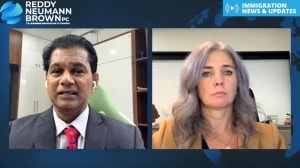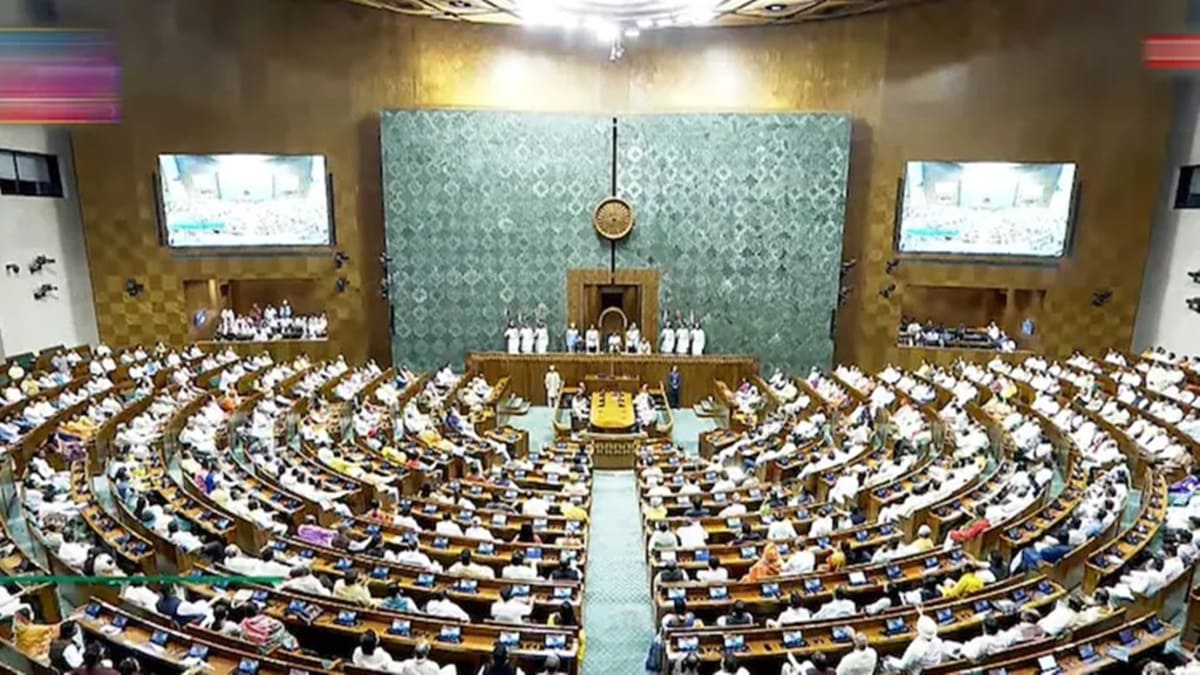By Karan Bhargava
According to an alarming report by the National Academy of Medical Sciences (NAMS), most individuals in India seek medical attention only when a disease has already advanced or reached a critical stage. This alarming trend highlights the pressing need to prioritize early diagnosis and treatment as an essential element of healthcare.
The Perils of Late Diagnosis
The NAMS report highlights the harmful effects of delayed diagnosis. Waiting until a disease has advanced leads to fewer treatment options, compromised health outcomes, and increased risks of complications. Late diagnosis places a heavy burden on patients and strains healthcare systems, leading to increased healthcare costs and resource utilization.
Early diagnosis help in reducing healthcare costs
Early diagnosis improves health outcomes and contributes to cost savings in the long run. Research indicates that early detection and treatment of chronic conditions such as diabetes, cardiovascular diseases, and respiratory disorders can reduce healthcare costs significantly. By addressing health issues early, medical interventions can become less invasive and more cost-effective, resulting in significant savings for individuals and healthcare systems.
Preventive Measures for Optimal Health
In addition to early diagnosis and treatment, prevention plays a pivotal role in maintaining overall health. Vaccinations, regular health check-ups, and a healthy lifestyle are essential preventive measures. A proactive approach towards preventive healthcare can help detect potential risks and enable early interventions, further enhancing the efficacy of treatment.
Homeopathy’s Role in Early Intervention
Amid the discussion on early diagnosis and treatment, the potential benefits of homoeopathy are worth mentioning. Homoeopathy offers holistic healing, considering the individual as a whole. Its principles of individualization and symptom similarity provide a unique approach to early intervention. Homoeopathic remedies aim to address underlying imbalances, boost the body’s self-healing mechanisms, and alleviate symptoms at an early stage, potentially preventing the progression of diseases.
Holistic Healthcare Approaches
In the quest for optimal health, embracing a holistic approach that combines conventional medicine with alternative systems such as homoeopathy is essential. Integrating different healthcare modalities can provide a comprehensive and personalized approach to early diagnosis, treatment, and prevention. By leveraging the strengths of each system, individuals can access a broader range of healthcare options, potentially leading to improved health outcomes and overall well-being.
Shifting Mindsets for a Healthier Nation
Efforts to combat late diagnosis require a collective shift in societal mindsets and healthcare practices. Raising awareness about the importance of early detection and treatment is paramount. Educational initiatives, public health campaigns, and improved accessibility to healthcare facilities can play crucial roles in encouraging individuals to seek medical attention at the earliest signs of illness. Integrating homoeopathy into mainstream healthcare discussions offers additional possibilities for early intervention, providing a broader range of personalized and holistic care options.
Conclusion:
The significance of early diagnosis, treatment, and prevention cannot be overstated. By prioritizing early interventions, healthcare systems can alleviate the burden of chronic diseases, improve patient outcomes, and reduce healthcare costs. Embracing a holistic approach to healthcare, especially with homoeopathy, can further enrich our options for early intervention and preventive measures. Together, these efforts pave the way for a healthier, more resilient society.
(The author is a Director Bhargava Phytolab & CEO Homoeo Amigo. Views expressed are personal and do not reflect the official position or policy of the FinancialExpress.com.)








